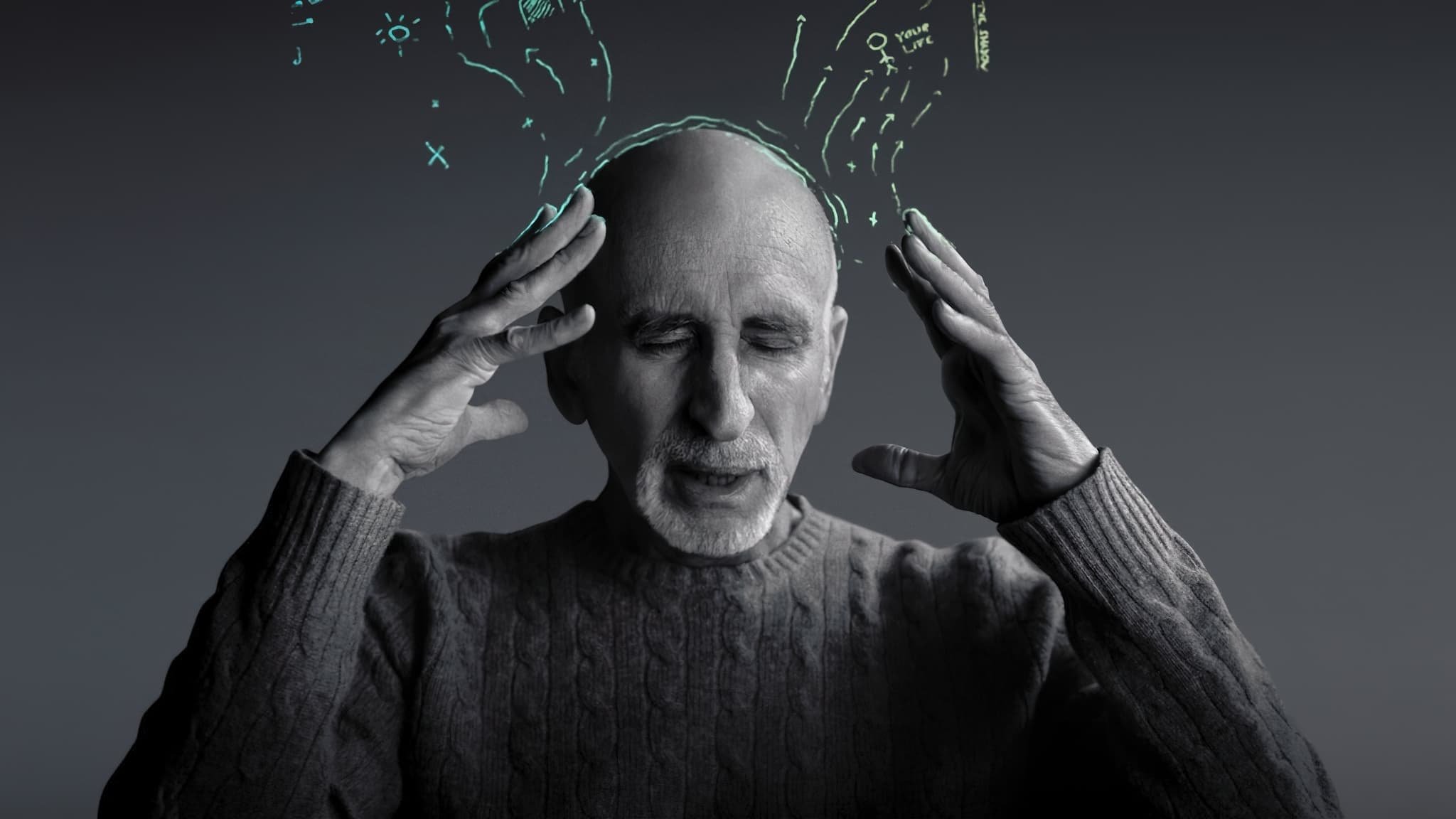Stutz
NetflixOne of the most positive pushes in modern society has to be the increased focus and attention given to mental health. With ongoing efforts towards breaking harmful connotations with things such as depression and anxiety, therapy is becoming more and more available and seen. While the goal of therapy might be to explore the emotions and lives of the patient, Jonah Hill hopes to turn this attention in the opposite direction with Stutz. Coming as Hill's sophomore feature effort after his 2019 film mid90s, Stutz is a non-fiction piece capturing the life and fears of Hill's therapist Phil Stutz. Not only does the conversation reveal some of the techniques and tools that Stutz has given Hill over his years of treatment, but it also reveals the moral complications within Stutz himself that Hill tries to tackle.
Stutz is at its best when it is a guide to overcoming some of the most common fears and trials of the human experience. From having a lack of confidence to struggling to find daily motivation, Stutz tackles quite a few topics and provides fresh ideas on how to deal and overcome these trials. While the film never claims to be a replacement for more secure therapy, it at least gives the audience some tools to start with and presents these scenes in insightful ways. This is where the skills and personality of Stutz are able to shine and it is where the work finds its deepest meaning and gravitas.
This is only part of the film, however. The rest is a jumbled piece that sees Hill trying to find a deeper meaning within his own pain and put it in relation to the personal life of Stutz which Hill tries to reveal through lines of questioning and various activities. This is immediately a strange turn for the film due to the power dynamics involved. With Stutz being Hill's real life therapist, there is a natural pressure put onto Stutz to be supportive and encouraging of Hill. The project, one that Hill openly states has taken years to develop and has faced serious changes in identity, clearly starts with the idea of Stutz sharing his tools around mental health and only shifts to be a more personal work later on in filming. Stutz initially tries to push Hill into being more vulnerable regarding his own emotions but Hill quickly turns this around and begins to poke at Stutz.
While there is clearly a trust between these two, Hill ultimately holds the power and Stutz has multiple moments where he seems to feel uncomfortable with being asked about his personal life. Even when Stutz shares that he cannot get into the specifics of an event or relationship, Hill continues to push leaving Stutz in an impossible situation of either exposing himself emotionally on camera or disappointing Hill. This lack of boundaries continues as Hill invites his mother to record and question her actions directly. These are uncomfortable and unneeded situations that Hill seemingly expects his subjects to be ok with. While clearly not a malicious effort, there is something off within the power dynamics of Stutz and it does feel like Hill, at the very least, borders on crossing a boundary. The easiest comparison would be the unforeseen emotional impacts of Nathan Fielder's The Rehearsal; that project at least had a clearer concept of consent and craft in how it carried out its exploration.
Narratively, these sections also fail to add a ton of value. The emotional journeys of Hill and Stutz both are incredibly personal with the only universal points of value truly being found within them being the tools they use to overcome their powerful emotions. It is, however, the scenes where these tools are more clearly presented without the context of their emotional lives that are most effective. There is also a frustrating lack of clarity regarding the film's views on therapy. While the film is strong in its concepts that Stutz is a great therapist and that therapy overall is beneficial, it also spends time complaining about the state of most therapy options with no real guidance on how audiences can find a strong therapist like Stutz. It also fails to give any information on the different forms of therapy leaving audiences with an idealized yet ultimately fictional understanding of how therapy can work for them.
Stutz is a difficult feature to truly judge. While there are incredibly worthwhile ideas present and Hill's intentions are clearly pure, the execution is rather messy. From uncomfortable uses of power to try and find gravitas for the story to an uneven roadmap that is supposed to guide audiences after the film's runtime ends, Stutz is clearly a flawed film but is still one with great potential. Hill continues to show his desires and goals as a filmmaker to find meaningful and authentic stories, but with the subject being so close to home it is clear that Stutz simply wasn't a project he could fully tackle from his position.


